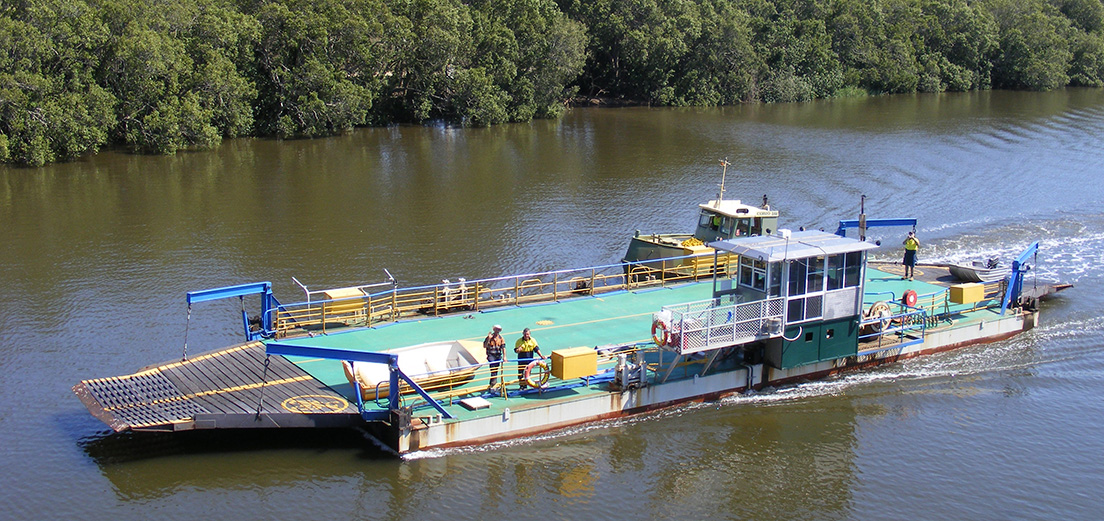The truth about alcohol harm, including the risk of breast cancer, needs to be widely shared to counter the huge amount of alcohol marketing that targets women.
International Women’s Day and other female-focused events like Mother’s Day are dedicated to recognising women and celebrating their achievements. For alcohol companies they are also an exploitable opportunity to sell alcohol, by running a false narrative that female empowerment can be found at the bottom of gin glass and that women deserve a stiff drink.
Trish Hepworth, Director of Policy and Research with the Foundation for Alcohol Research and Education (FARE), says women can celebrate female empowerment on their own terms.
“From a health perspective, being told by alcohol companies that women deserve a drinking session is patronising poppycock,” Ms Hepworth said.
“What women deserve is to enjoy a healthy lifestyle – they certainly don’t deserve to get alcohol-related diseases such as breast cancer, which is the diagnosis faced by around 830 Australian women every year,” she said.
“Of those 830 women, roughly 144 will die from the disease, which is equivalent to the whole AFL Women’s league in the inaugural season,” Ms Hepworth said.
“It’s a sad irony that an alcohol company, Wolf Blass, sponsors the AFL Women’s league and is cashing in on these women’s admirable skill, success and profile,” she said.
The alcohol industry admits it targets women, boasting in trade magazines that women are a “booming segment for alcohol consumption, with wine their tipple of choice”.
“Targeting of women is rampant in the ‘wild west’ of social media, where alcohol marketers can do pretty much anything they like due to the lack of regulation and transparency,” Ms Hepworth said.
The alcohol industry pays female social media influencers to target women with positive messages about alcohol. These kinds of promotions often portray alcohol as an antidote to the stresses of motherhood and align alcohol with women’s empowerment and equality.
“Women are empowered when they are able to perform to their fullest capacity. If alcohol companies cared about women’s empowerment they would be doing something practical to give women time and recognition, not promoting the idea that life’s challenges are so immovable and overwhelming that we need to get inebriated to cope,” Ms Hepworth said.
A key recommendation in is for the Australian Government to develop evidence-based awareness campaigns that counter the alcohol industry’s narrative with the truth about the long-term harms of drinking alcohol, including breast cancer.
“Into the vacuum of government awareness, charities have been stepping up. The Victorian Cancer Council, for example, is currently running its campaign. It is not enough, the Australian Government has a duty of care to ensure that the whole Australian population is aware of the risks and dangers of alcohol,” Ms Hepworth said.
For more, see







